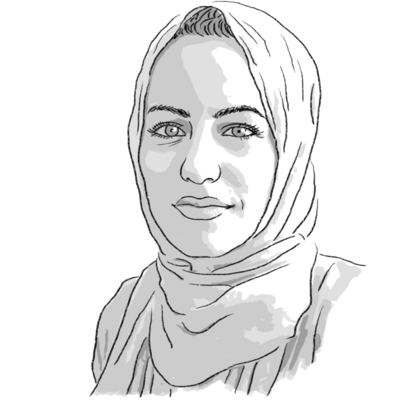Immigrant ingenuity behind a vaccine

 Husna Haq
Husna Haq
It took 10 months for German biotech company BioNTech to develop one of the world’s first COVID-19 vaccines.
But for the husband-and-wife founders of the company, both children of immigrants, it was the result of a lifetime of experience and focus.
Ugur Sahin and Özlem Türeci are among the millions of Turks whose parents came to West Germany in the 1960s and ’70s as part of a widespread effort to rebuild postwar Germany. Young Ugur was 4 when his family moved to Cologne, Germany, where his father worked at a Ford factory.
Both grew up to become physicians, crossed paths early in their careers, and left their lab at lunch one day in 2002 to get married before returning to work the same day.
Like many immigrants in Germany, they endured decades of debates over German identity, citizenship laws, and integration policies. And as it has for many immigrants around the world, the experience only served to harden their resilience, resolve, and ingenuity.
The couple founded BioNTech in 2008. After Dr. Sahin read about a relatively unknown virus spreading in China, he was convinced it would explode into a pandemic, and set to work with his colleagues in January to develop a vaccine, an initiative dubbed Project Lightspeed.
Less than a year later, BioNTech, which partnered with Pfizer, has created the West’s first COVID-19 vaccine.
Drs. Sahin and Türeci, who continue to live with their teenage daughter in a small German city, in the same modest apartment from which they bike to work, marked the moment by brewing Turkish tea at home.




